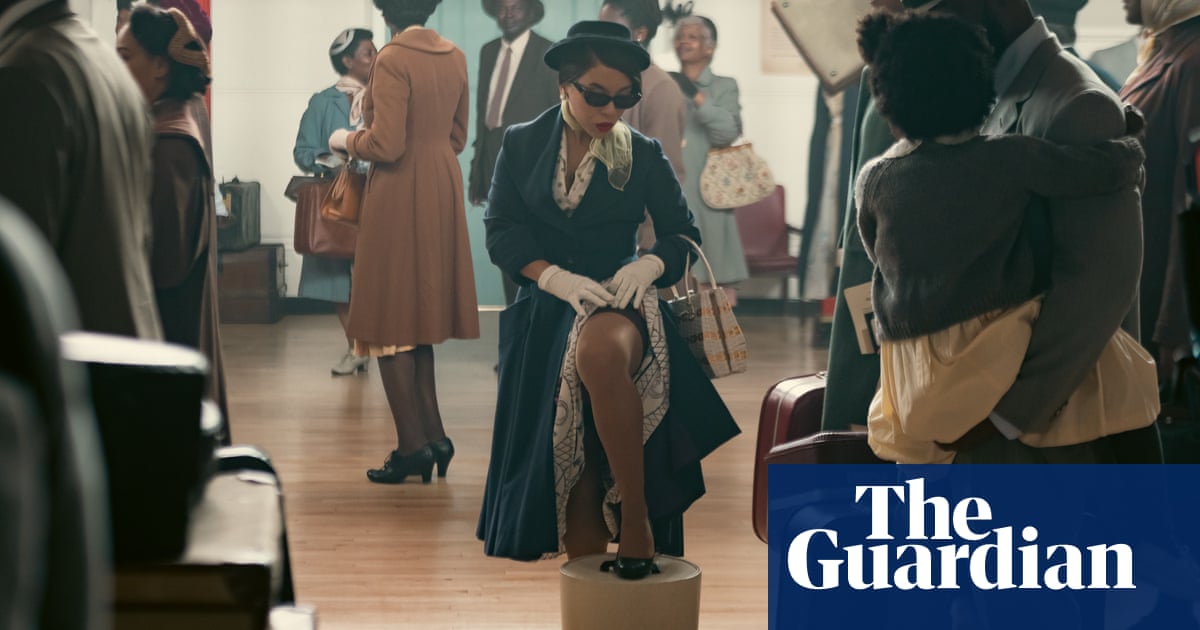
My earliest reading memory
Reading with my female cousins on a veranda above the Macleay River, cicadas burring, the river dark and robust far below, and the distant blue aspect of the Kookaburra Ranges. We read Susan Coolidge’s What Katy Did series and Louisa May Alcott’s Little Women. I noticed my mother, a girl from the bush, loved me to read, and kept priming me with books when we moved to Sydney. She did not let us complain of boredom in our house by the Western railway. Her war cry was, “A child with a book is never bored!”
My favourite book growing up
The Last of the Mohicans by James Fenimore Cooper. It had everything a postcolonial child needed: the valour of British women, the serpentine malice of those French fellows, the noble savage and just about every other prejudice we delighted in in the late 1940s.
The book that changed me as a teenager
A monk introduced me to a cupboard of books at the back of the classroom; among them was Graham Greene’s Brighton Rock, about a Manichean razor gangster and a killing in Brighton, where I had never been, of course. It was proof that the novel had not died with Thomas Hardy – the first serious novel I read that had been written by someone still breathing and, being Catholic in the Manichean Irish tradition that was brought to the US and Australia, it enchanted me both by the theology as well as the gangsterism.
The writer who changed my mind
I am a fanatic for Barbara Kingsolver, and on meeting her at Hay-on-Wye I burst into geriatric tears. But there was one book I didn’t like, and I can hear your boos already. It was – cringe! – Demon Copperhead. I just took an early dislike to the flatness of the central character’s voice. I went back out of reverence for this great fabulist, and within an hour was completely transformed in opinion.
The book that made me want to be a writer
It is definitely Greene’s tale of a colonial policeman in Africa, The Heart of the Matter. It was the hard-earned ease and flow of his prose, his capacity to plot. I wrote my own critique of Catholicism once, named Three Cheers for the Paraclete, and the great man blurbed it!
The author I came back to
Joseph Conrad, whose two works on radical politics early last century seem prophetic. The Secret Agent and Under Western Eyes seemed a well-kept secret and, equally with Heart of Darkness and Lord Jim, works of remarkable literary ambition.
The book I reread
The Brothers Karamazov, Fyodor Dostoevsky. It’s like the Himalayas: always there, but you wonder have you the oxygen? This dazzling, portentous work is better reading at 80 than at 20, but better revisited at 60 just in case.
The book I’m currently reading
Louise Kennedy, Trespasses. Kennedy depicts the Troubles in northern Ireland as an authentic war, but there’s compassion for all sides in this fine novel about a young teacher and part-time barmaid in the family pub, and her affair with a polished establishment Protestant attorney. It is a novel of subtlety and nuance as well as bombs and bullets, and its authenticity takes the breath. The slow-burning seduction includes his involving her as a tutor in the Old Irish language for his posh mates.
My comfort read
Since earlier last year, when I spent some time in my grandparents’ village in north Cork, I’ve been reading the Irish, especially Sebastian Barry’s brilliantly crafted Old God’s Time, Anne Enright’s The Wren, the Wren, and John Boyne’s The Heart’s Invisible Furies – all splendid. They punch above their weight, those Irish boys and girls.
Fanatic Heart by Thomas Keneally is published by Faber (£20). To support the Guardian and Observer, order your copy at guardianbookshop.com. Delivery charges may apply.












